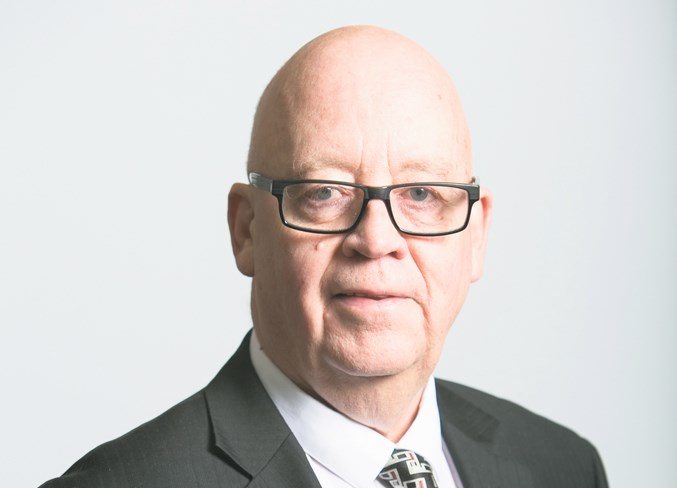Russian totalitarian Stalin, the worst mass murderer of his time, a psychopath and a cynic, said of the Ukrainian famine: “If one man dies of hunger, that is a tragedy. If millions die, that’s statistics.”
Canada’s missing and murdered Indigenous women and girls were just statistics until the recent release of Reclaiming Power and Place, the final report of the three-and-a-half-year national inquiry into a dark Canadian story.
The report is a story told with the dignity and humanity that these women and girls were denied in captivity and death at the hands of their male captors and killers.
The RCMP says that it has files on 1,200 victims who went missing or were killed between 1982 and 2012. Indigenous women’s groups have records of 4,000. Their number is credible because police did not look into all cases, often telling families that the girls likely ran away.
In those 30 years, 1,017 of the 6,551 female homicide victims were Aboriginal, 16 per cent of the murder victims. Indigenous women are only 4.3 per cent of the total female population, but were 16 per cent of all female homicide victims.
But the kidnapping and murder of Indigenous women and girls cannot be dismissed as a law enforcement problem.
It is deliberate, systemic racism and gender-based violence. The open season for the rape and murder of Indigenous women dates back more than 500 years to the colonization of North America.
The women who speak for the report call it genocide, but that gives it historical and political cover. I call it serial killing of women. Indigenous women have had second-class status since colonial Europeans first explored the Americas and “discovered” a “new” world that Indigenous people had occupied for at least 20,000 years.
When I opened my electronic copy of Reclaiming Power and Place I discovered, as one often does in books, a country to be explored by Canadians who care about the future of this land.
The report is written in grief but without rancour. The Indigenous community is reaching out to the rest of us for the sake of the murdered and missing.
Commissioner Michéle Audette writes: “This report is about hope. This begins with recognizing the truth. For non-Indigenous Canadians, this means rethinking stereotypes and confronting racism in every context.
“And for governments, this means nothing less than a new and decolonized social order; it is an opportunity to transform and to rebuild in real partnership with Indigenous Peoples.”
This is not the last word in the story. It is the first.
Frank Dabbs is a veteran political and business journalist, author and editor.

